by Sister Larretta Rivera-Williams
January 15,1929, Atlanta, Georgia
justice, freedom, poverty, racism.
theologian, visionary, orator
Coretta Scott King
Jim Crow, Civil Rights Movement, Rosa Parks, Montgomery, Alabama, “Letter from a Birmingham Jail”
1964 Nobel Peace Prize; Bloody Sunday
“Injustice anywhere is a threat to justice everywhere”
“I Have Been to the Mountaintop and I Have Seen the Promise Land”
“I Have a Dream”
Lorraine Motel; April 4,1968
assassination
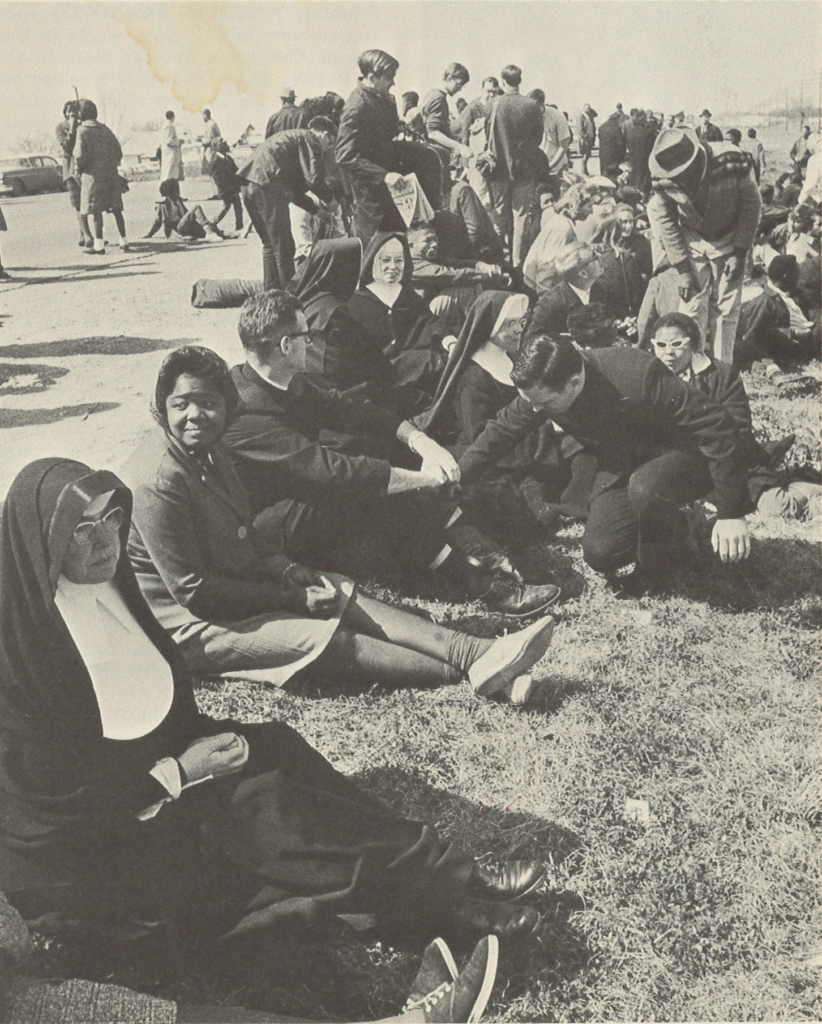
These are the memories, pains and platitudes I recall around this time of year. And I wonder how different North America would be if people really listened and brought to life the words of Dr. Martin Luther King, Jr. What if his ideals transcended generations so even youth today would know more about him than the “influencers” on Instagram and Tik Tok, or reality TV stars; more about him than their parents’ military deployments or Russia’s attack on Ukraine?
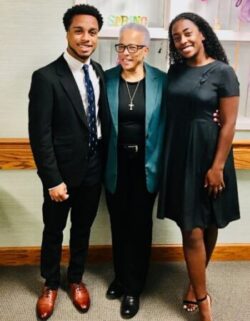
I am a Black Sister of Mercy who is painfully reminded every Martin Luther King, Jr. Day that society gives little more than lip service to Dr. King’s vision. I continue to experience racism not only in the South, where I grew up and still live, but also in my travels around the United States — in ways both large and small. I can’t help but wonder what society would be like today if Dr. King had lived beyond age 39? What if people in a position to make changes, used that power make his dream a reality? Would we be the United States that the Constitution and the Declaration of Independence speak of? Would we be in awe of people seeing the presence of God in one another?
What if “the dream” had become a reality so well lived that People of Color would never encounter individuals who believe their place in society is to be subservient rather than equal; a reality so foundational that people would not see color; where all people would readily embrace the principles of justice and the values that sustain humanity?
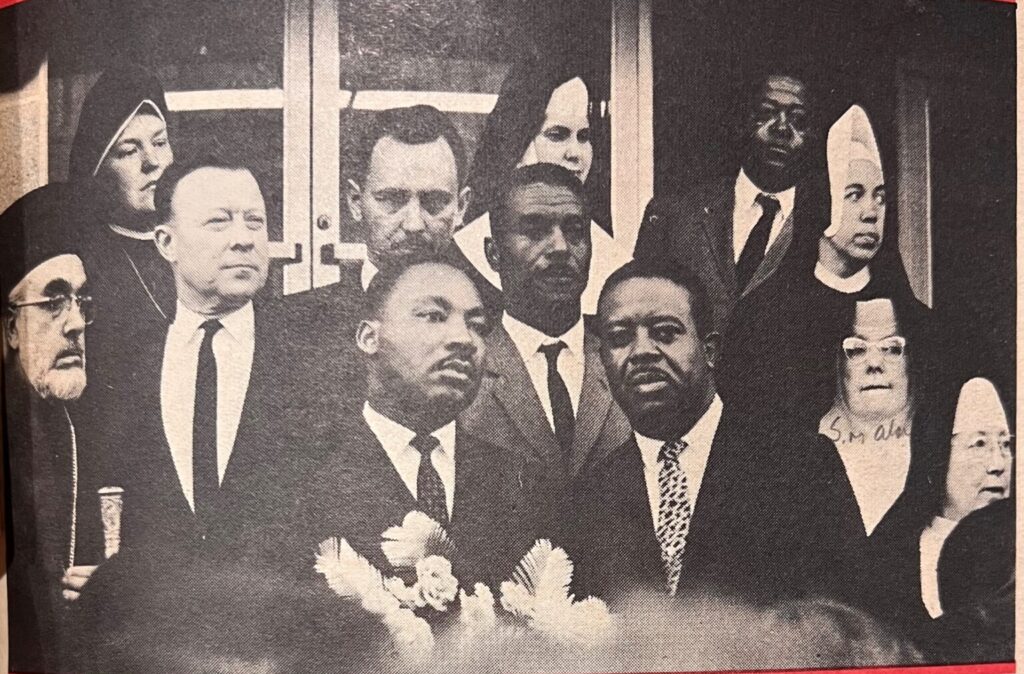
If “the dream” had materialized, perhaps there would be no violence on our streets, no need for war, no political upheavals. There would be no need to question cultural differences. We would welcome diversity without having to attend workshops or listen to podcasts to learn how to accept those differences.
Multiculturalism would be a beautiful extension of God’s creation. We would accept the smells and taste of foods from other cultures without being critical. We would admire dress and hairstyles without being condescending. We would appreciate the variety of music. We would have knowledge of all cultural holidays and celebrations such as Cinco de Mayo and Juneteenth. I and other People of Color would not have to worry about being followed around in a department store. Everyone would have access to a job and quality education.
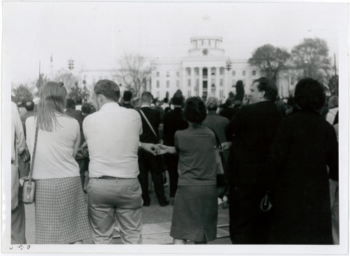
Imagine a society where Black children and white children go to school and come home safe; in no fear of being shot by a classmate who has been bullied or whose mental health needs have been overlooked. If Dr. King’s speeches had ignited and inflamed the very core of US society, perhaps there would be no need for high-powered rifles; no more use for negative words such as bigot, racist, white supremist, stupid, ugly, thug.
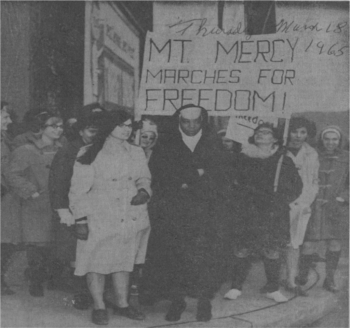
Although it often seems to me that the United States has fallen asleep, and Dr. King’s dream has been forgotten, I refuse to let this dream die for all who remain second-class citizens, myself included. Won’t you join me in reigniting Dr. King’s dream? As he stated on that hot August day in 1963 at the Lincoln Memorial, in Washington, D.C.: “Now is the time to make real the promises of democracy. Now is the time to rise from the dark and desolate valley of segregation to the sunlit path of racial justice. Now is the time to lift our nation from the quicksands of racial injustice to the solid rock of brotherhood [and sisterhood]. Now is the time to make justice a reality for all of God’s children.”
Racism is one of the Critical Concerns of the Sisters of Mercy, who work to become an anti-racist community—committed to eliminating personal and institutional racism and dismantling oppressive structures, policies and processes.
Editor’s note: Sister Larretta Rivera-Williams writes on racial justice for Global Sisters Report, a project of the National Catholic Reporter. Her poetry and personal story (including her artwork) can be viewed on the Sisters of Mercy website. Until recently, she served as coordinator of pastoral care at St. Leo the Great Catholic Church in Winston-Salem, North Carolina, where she was born and raised.